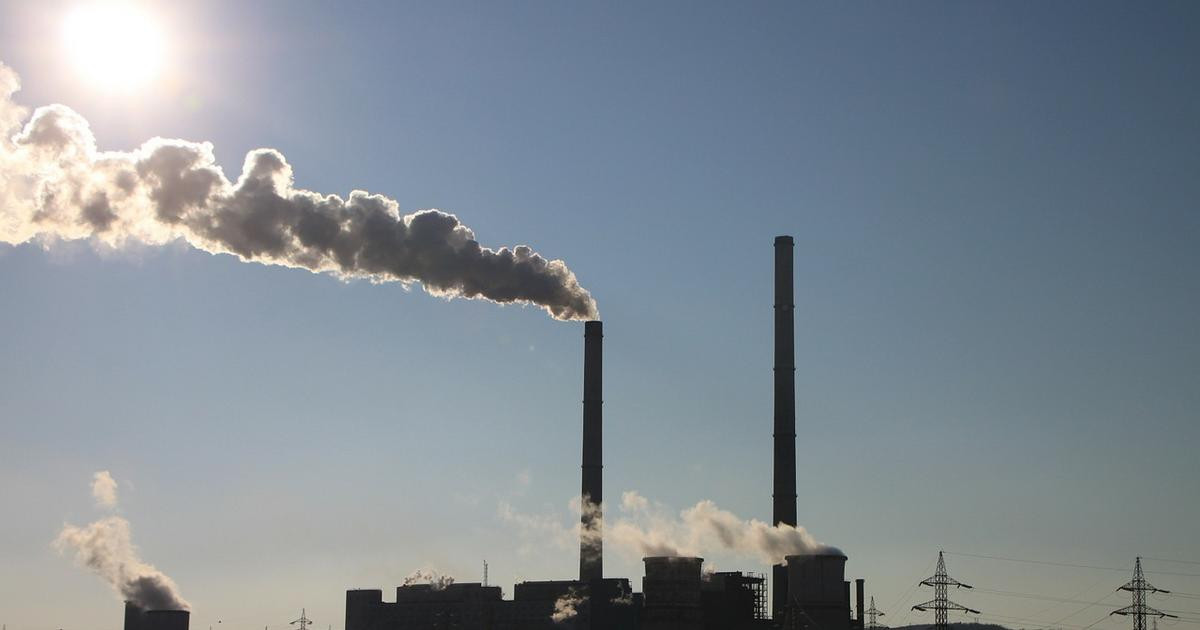
THE African Voluntary Carbon Credits Market Forum held in Victoria Falls from July 5-7, 2023 was a co-benefit locally, regionally and internationally.
The carbon credit conference added its voice to the growing carbon market discourse with dividends already in the public domain, research, journals and a variety of repositories, both online and hard copy. Although the Victoria Falls conference was not the first of its kind, it helped to buttress the concept of carbon trading as a new approach of foregrounding the framing of climate change mitigation initiatives in the public sphere.
The carbon credit community of practice cannot contribute to green economy transition overnight, since it is a process that has a strong bearing, not only on the broad environmental picture, but also on the individual’s moral, attitudinal and behavioural attributes shaped by carbon lifestyles. Carbon markets are key to countries which know the value and sanctity of their forests.
One of the best ways to add value to this discourse is through the reduced emissions from deforestation and forest degradation (REDD+) in developing countries and Zimbabwe is one of them. Through REDD+, additional forest-related activities help protect the climate through sustainable management of forests, conservation and the enhancement of forest carbon sinks.
Although the conference had all the ingredients of transformation, the missing link and the problematic component is the lexical factor “voluntary”, which disempowers everything, from commitment, lack of binding guidelines and benchmarks to lack of sustainable monitoring mechanisms. Otherwise it is a “do as you like” sort of a process, hiding behind language and communication. Indeed, while such conferences are needed, yesterday, today and tomorrow, they need countries to invest in absolute faith and walk the talk.
Critical in this regard, are the countries’ low emission development (LED) pathways in the climate mitigation. The LED strategies employed by Zimbabwe and other developing countries should be useful in climate change mitigation. Zimbabwe’s mitigation, based on LED with a projection for (2020-50), spells out emission reduction options focusing on four critical pillars of sustainable development which are also sources of emissions around the world. These are the energy sector, industrial processes and product use), waste sector and agriculture,
Forests and other land-uses are sources of the problematic carbon emissions that have prompted mainly developing countries to invest in carbon credits.
In this view, the key objective of carbon markets is to reduce emissions from economic activities in order to lessen the impact of unavoidable climate change. Climate change, complex by its nature, has been a subject of many framings with carbon credits as one of the recent framings of potential solutions proposed to curb greenhouse gas emissions. This is a trajectory foregrounded by Western industrial societies as reflected in the discourse of market environmentalism, which is gradually gaining ground. In the global market economy, this is known as mitigation strategies where nature can be traded and monetised. This is also important for developing countries to know the value of their forests so that they can have a voice and be in a position to avoid mortgaging them for a song.
- COP26 a washout? Don’t lose hope – here’s why
- Out & about: Bright sheds light on Vic Falls Carnival
- COP26 a washout? Don’t lose hope – here’s why
- Out & about: Bright sheds light on Vic Falls Carnival
Keep Reading
Carbon credits allow developing countries to meet their greenhouse gas limits by purchasing greenhouse gas emission reduction credits from elsewhere through financial exchanges and other mitigation related projects. This led to the development of carbon markets with the Victoria Falls conference as a case in point, implementing the consumer level groundwork for the introduction of industrial and corporate carbon offsets.
By investing in carbon credits, developing economies are abiding ecological mordernisation, which assumes that economic growth and environmental protection are compatible, while justifying that market economy and sustainable development are strongly connected. From this perspective, although the environment is placed at the centre of mitigation strategies, ecological capitalism and industrialisation has been let loose in the guise of environmentalism. In this case, developing countries have no choice, but to comply in order to access the funding that goes with the new world order.
While the climate change debate has been dominated by science, recently, the economic or monetisation of nature has been tied to global warming. By growing more trees, which is a co-benefit for developing economies, they will be in a position to clean up carbon emissions from elsewhere. Once emerging economies invest in carbon credits, the whole process will be able to shape lifestyles as nations pay carbon tax, conserve and preserve their forests, among others.
Furthermore, through REDD+, human activities like deforestation, land degradation, agricultural expansion, encroachment into forest reserves, unsustainable wood extraction and uncontrolled livestock grazing, should be kept under check. REDD+ is not done in isolation, but it is viewed as an incentive mechanism, in line with the policy frameworks under the United Nations Framework Convention on Climate Change.
As one of the signatories to the Paris Climate Change Agreement, Zimbabwe identifies the forest sector as a priority area to enable the country to transit towards low carbon resilient pathways.
As the country realises the low emission development strategies through carbon trading, it should be noted that communities which live adjacent to forests should not be left out. They need to realise the benefits of carbon credits and why forest invasion, deforestation and land degradation should be discouraged.
Peter Makwanya is a climate change communicator. He writes in his personal capacity and can be contacted on: petrovmoyt@gmail.com.







